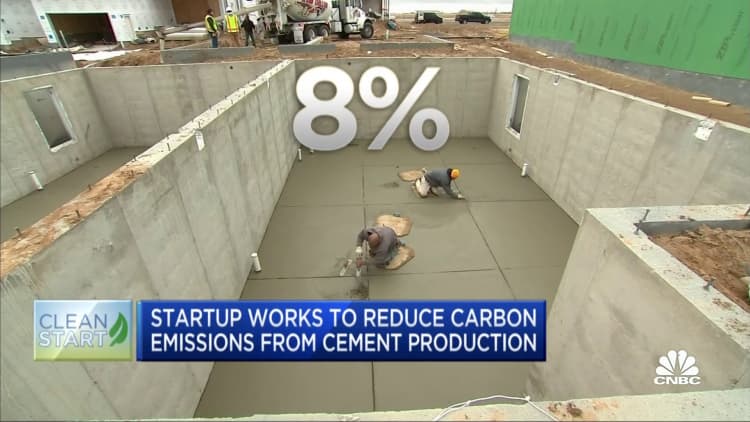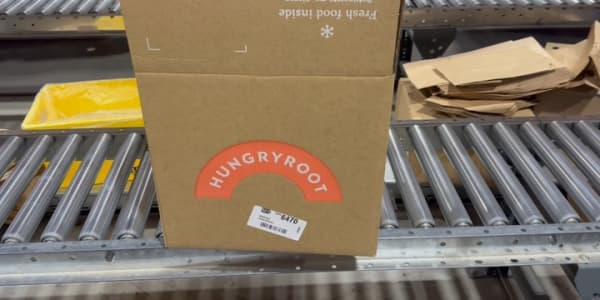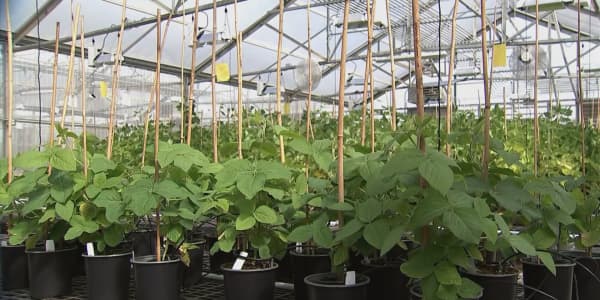
Most of the built environment today is made at least partially from concrete, making it the second-most used substance on earth after water. But making concrete emits almost as much carbon dioxide as cars, because its main ingredient, cement, is made from limestone. Limestone naturally consists of about 50% CO2 by weight.
Brimstone Energy, a California-based startup, is one of several companies trying to reduce the carbon emissions from the production of cement, which accounts for about 8% of global carbon emissions. Brimstone is using a different rock but producing standard, so-called ordinary Portland cement.
Brimstone is using a calcium silicate rock that is even more abundant than limestone and uses patented technology to remove the calcium. Unlike limestone, however, the silicate rock contains no CO2, so there are no such emissions associated with the production process. Last July, it received certification that its product is essentially the same as Portland cement.
"People already know how to build with it, so construction will not be delayed. People already know how to specify it, that way there are not safety concerns," said Brimstone co-founder and CEO Cody Finke.
Not only does the silicate rock Brimstone uses not emit carbon, but it actually absorbs carbon.
The company is still in the early stages, with a pilot plant now in the works, but Finke says once scaled, the cement will be cheaper to produce than what's out there now.
"Ultimately, our plan, our goal would be to develop a credibly lower-cost process to make Portland cement at scale. And, therefore, because it's lower cost, eventually, our process will replace 100% of cement production facilities worldwide, leading to a fully decarbonized system," Finke said.
The goal of changing how everyone makes cement is especially attractive to investors.
"When you think about the potential for, say, the 3,000 or so cement plants that are on the planet today, and the ability to start displacing those with a novel process, that actually represents a multitrillion-dollar investment opportunity in that underlying infrastructure, all driven by profit incentive," said Cooper Rinzler of Breakthrough Energy Ventures, one of Brimstone's backers.
In addition to Breakthrough, Brimstone investors include DCVC, Collaborative Fund, Fifth Wall, S2G Ventures and Amazon's Climate Pledge Fund. The company has raised $60 million so far.
— CNBC's climate producer Lisa Rizzolo contributed to this piece.
Don't miss these CNBC PRO stories:
- This bank just hiked its 1-year CD rate to a fresh high
- A low-cost way to protect against an S&P 500 drawdown as risks escalate
- How to invest $1 million for the next decade, according to private bankers and wealth advisors
- This highly profitable industry is booming as the population ages
- Bank of America sees risks for employers as insurance coverage of weight loss drugs grows






